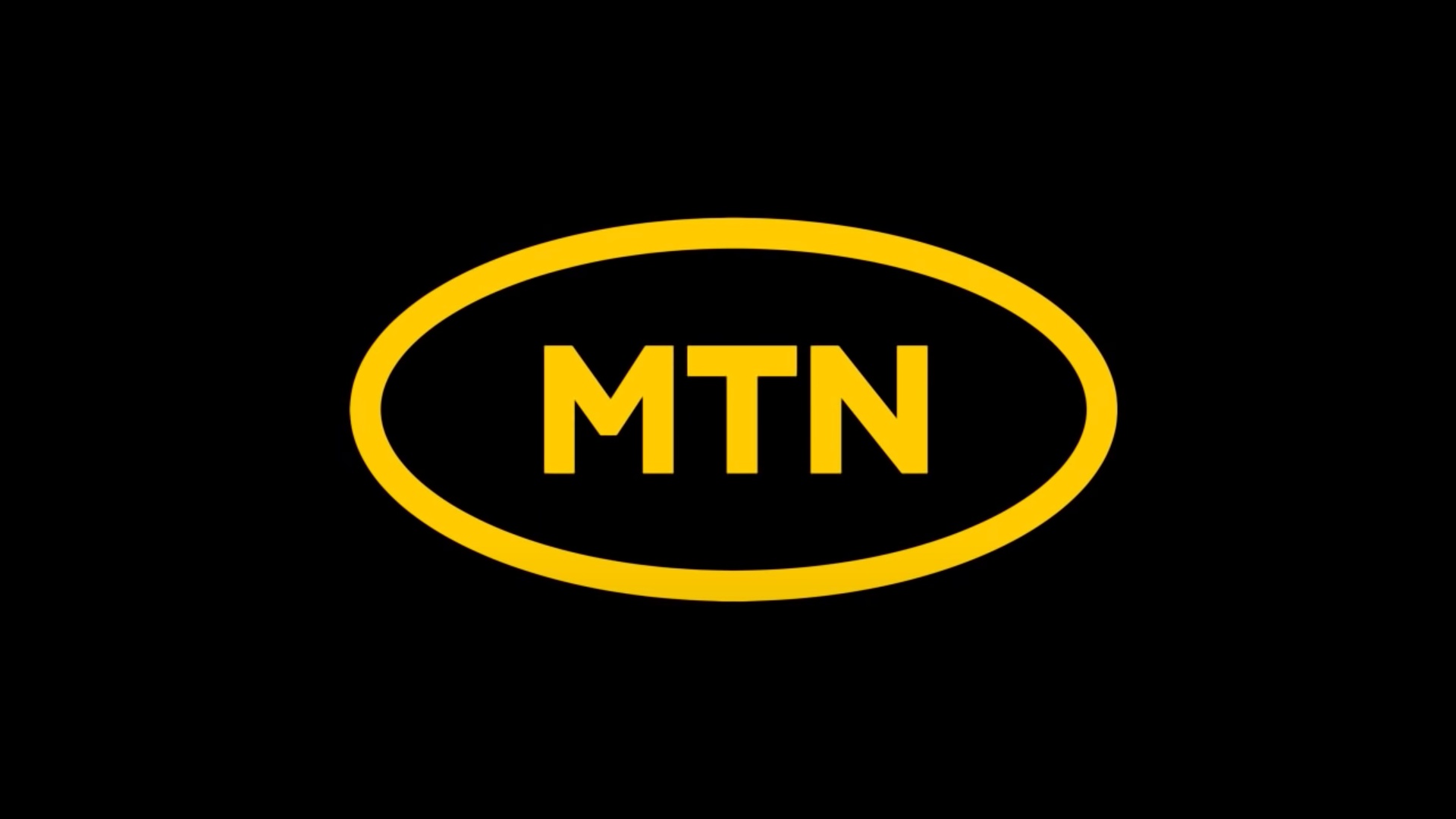- MTN has released its financial results for the year ending 31st December 2022.
- While the largest telecom in Africa posted success in terms of profit gains, it also announced a loss of nearly R700 million due to South Africa’s loadshedding problem.
- CEO Ralph Mupita said that South Africa risks becoming a failed state if government and private businesses don’t unite to curb the country’s woes.
MTN South Africa today posted their financial results for 2022, and while the outlook is positive for investors, there is one large gaping wound that the telecom has addressed in its report.
That being the massive loss of R695 million due to unprecedented levels of blackouts faced by South Africa. MTN blames the loss on increased expenditure to meet the requirements of power, security and repairs at its infrastructure sites, such as its cellular towers.
Alongside the pressure to address the endless loadshedding, which worsened considerably near the end of 2022, MTN also weathered a “tough operating environment” across its markets, including high inflation and interest rates, weakening local currencies, and pressure on the disposable income of its customers.
And yet, MTN South Africa still managed to grow its service revenue in 2022 by 3.6 percent, to almost R41 billion. The telecom group also saw its total subscribers rise by 6 percent to 289 million, and saw a sharp increase in its Mobile Money customers by 21 percent to 69 million across its markets.
A reason for its continued success in South Africa could be attributed to its quick and significant leap to secure power in the event of loadshedding.
“Amid unprecedented loadshedding and the intensified need for back-up power in the second half of 2022, MTN South Africa invested significantly to secure network resilience,” explains group CEO Ralph Mupita.
One local investment made by the telecom was to begin an initiative to source generators and other power infrastructure for its towers from local SMEs. Last year it selected to 24Solutions and SAMO Engineering to provide fuel generators for its towers.
At the time MTN SA CEO Charles Molapisi said he was pleased by the progress of the initiative, adding that MTN would continue to look for local partners.
Additionally, MTN SA has deployed over 2 000 generators at its infrastructure points to counter loadshedding.
Group executive Mupita, however, paints a grim picture while addressing the results. Stating outright that not doing anything to deal with loadshedding and South Africa’s other woes will lead to the country “being a failed nation state.”
“With the state of disaster regulations gazetted, South Africa now has a unique opportunity to accelerate efforts to secure the resilience of critical national infrastructure such as telecommunications. Government and business must jointly seize this moment and act decisively to deal with the quadruple crises of energy; logistics; crime and corruption; and youth unemployment,” pleads Mupita.
No doubt it is devastating to look at your bottom line and see nearly R1 billion removed because of a government’s inability to provide electricity consistently. There has been loadshedding every day of 2023 so far, and blackouts are expected to continue further into the year and beyond.
The loadshedding situation makes for a very poor investment space, and the country’s already existing tech industry is feeling its bite.
Last month Telkom’s own results painted a much more dour picture. The semi-private telecom and MTN competitor saw its profits decline by 13.5 percent in Q3 2022, with loadshedding earmarked as the main cause.
Soon after it released the results, Telkom informed shareholders that it would begin cutting jobs in efforts to restructure “certain operations.”

